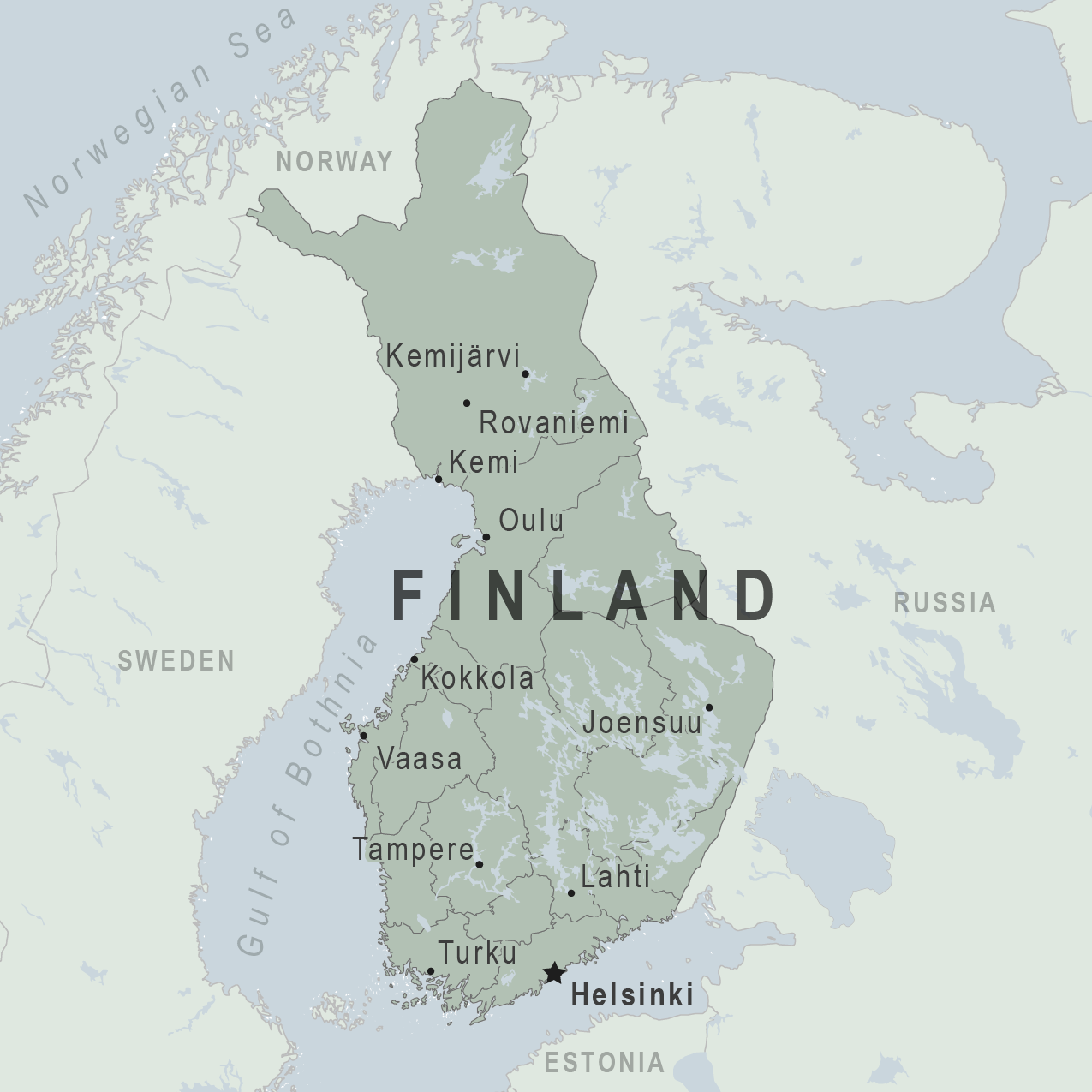William Doyle recently wrote an article called "How Finland broke every rule- and created a top school system" for the website: The Hechinger Report. Apparently, Finland started to do the exact opposite of what education reformers think should be done in classrooms in America. Students in Finland are given basic instruction in math, language, science, as well as training in second languages, arts, crafts, music, physical education etc. As well as the instruction, students are given four outdoor play breaks throughout the day lasting roughly fifteen minutes. The amount of homework depends on the teacher, but overall is considered to be very light. Instead of control, competition, stress and standardized tests, Finland's approach to success includes collaboration, warmth, and teacher led encouragement and assessments. Technology is used in the classroom, but a smartphone or tablet will not be seen in the classroom. Just a smart board and the teacher's desktop.
In Finland, a profession in teaching is highly respected and is the most desirable job next to medical doctors. Finland is thought to have the most effective school system. Apparently, Finland does everything [in regards to the educational system] just the opposite of how it is done in America. Of course, Finland's education system is not perfect, but it seems to be working very well for them.
Now of course there are critics who argue that such policies as Finland's would not work for schools in the United States, such as inner city schools. Inner city schools focus on "drill-and-practice", no excuses, and relentless standardized tests.
So looking at all this information it seems that Finland knows what it is doing when it comes to the education policies implemented. The U.S. and Finland seem to have different outlooks on how to be successful with their systems of education. For Finland, they seem to be excelling in delivering educational excellence. Finland seems to know how students learn the best. As for the United States, I think slowly adopting some of the methods used in Finlans would not hurt. Now of course, it would vary depending on schools. The United States education system is based on a rigid curriculum. Standardized testing are something that every student has to deal with again and again. Finland focuses more on self assessments and peer assessments which can take away some of the stress and fear that come with standardized tests.
Personally, I think that Finland's approach works very well. Students are achieving excellence and seem to prosper in the relaxed school environment that Finland provides. It is hard to say whether or not the United States would have the same success as Finland does. The United States and Finland are very different and both have many different attributes that make them special. I agree that there are certain aspects to Finland's education success such as the peer assessments and warm environment as opposed to the rigid standardized test and drill an practice used in the United States. I think the United States would benefit from adopting some of the techniques used in Finland to help contribute to the overall success of the education system and the students reaching excellence.



Hi Rose,
ReplyDeleteI live in Finland, and I'd like to add a couple comments to this 2016 article.
Educationally, you omitted how although children don't start school until age 7, they have already been in paivakoti/daycare since toddlers, parents are offered about 25 hours free each week. So they are already in a structured learning environment and can read and write etc by the time they start school.
One of the reasons there is no pressure at school is that there are options of free university or college, or even an option to go to a music high school, a technical high school etc and during uni they also receive a student allowance so they are not under pressure to be getting a job just to survive and pay huge school fees.
School days are much shorter than most other countries.
But, the system here is also set up so that there are no apprenticeship type careers - every job requires degrees, and papers, which works to one level but also means that your qualifications from another part of the world is hardly ever valid, and the narrow view means Finnish companies only accept their own qualifications as valid.
In a country with around 11% unemployment, the percentage of non Finns unemployed is actually around 30%.
In other words, a large part of the success is down to excellent pre school care.